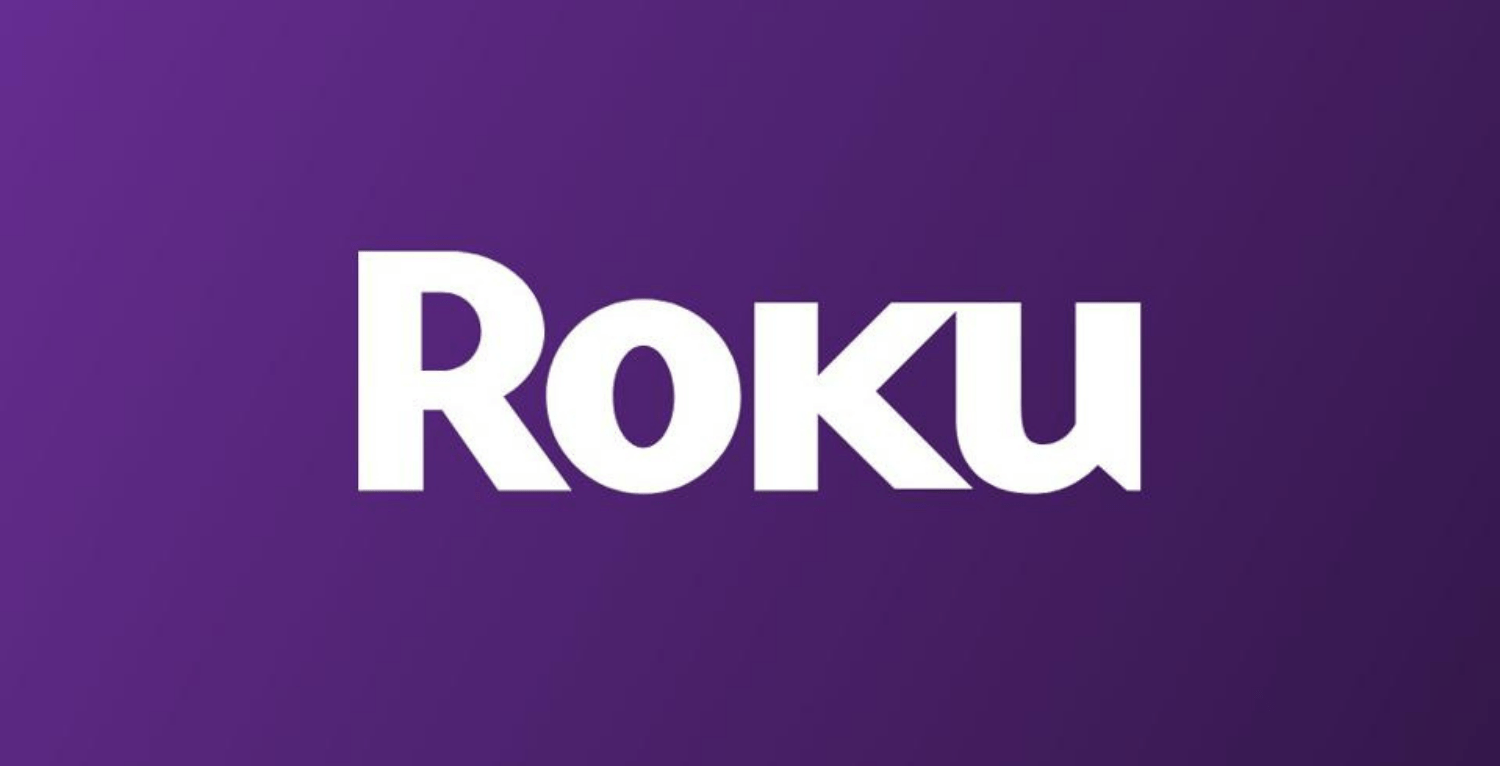In a move that has surprised and frustrated many, Roku has begun requiring its users to agree to updated terms of service, including new dispute resolution terms, to continue using their Roku TVs and streaming devices. This article delves into the details of the update, the user response, and what it means for Roku’s customer base.
Key Highlights:
- Roku users encountered a mandatory update to the company’s terms of service, focusing on dispute resolution.
- Acceptance of these terms is required for continued use of Roku devices, with devices becoming unusable until terms are agreed upon.
- The update introduces a forced arbitration agreement and an “Informal Dispute Resolution” process, requiring legal complaints to be initially directed to Roku’s legal team.
- Users have the option to opt out of the new terms but must do so by sending a physical letter to Roku within a limited time frame.
- Roku has over 80 million active accounts worldwide, indicating the broad impact of these updated terms.
Mandatory Update Spurs User Discontent
Roku’s recent actions have drawn attention and criticism from its user base. Users turning on their Roku devices were greeted with a notification requiring them to agree to new dispute resolution terms. This requirement left many users feeling blindsided, especially since the acceptance of these terms is mandatory for the devices to function. The notification followed an email that vaguely introduced changes to Roku’s Dispute Resolution Terms, advising users to familiarize themselves with the updated policy.
The Controversial Terms
The terms include a clause preventing users from suing Roku or participating in class-action lawsuits, a common but controversial practice known as forced arbitration. Additionally, Roku introduced an “Informal Dispute Resolution” section, further complicating the path to legal recourse against the company. This new process mandates that any legal complaints be discussed with Roku’s lawyers before any arbitration can proceed. This change, while recently enforced, was not well communicated to users, leading to widespread confusion and frustration.
Opting Out: A Cumbersome Process
For those unwilling to accept these new terms, Roku provides an option to opt out. However, the process is far from straightforward, requiring users to mail a physical letter to Roku’s General Counsel within 30 days of the terms coming into force. This method, criticized for its inconvenience, raises barriers to opting out and has sparked further debate about the fairness of Roku’s approach.
Broad Impact and Future Implications
With over 80 million active accounts, the implications of Roku’s updated terms are significant. The enforcement of these terms comes as Roku prepares to release a new line of high-end smart TVs, extending the reach of these policies. The controversy highlights ongoing debates about forced arbitration and consumer rights within the well communicated.
Roku’s decision to mandate acceptance of new dispute resolution terms has raised important questions about consumer autonomy and corporate responsibility. As users navigate the opt-out process or reluctantly accept the terms, the situation underscores the broader challenges and controversies facing digital service agreements. Roku’s approach, while legally defensible, may have long-term consequences for its relationship with its customer base, potentially influencing how other tech companies manage their user agreements.



















